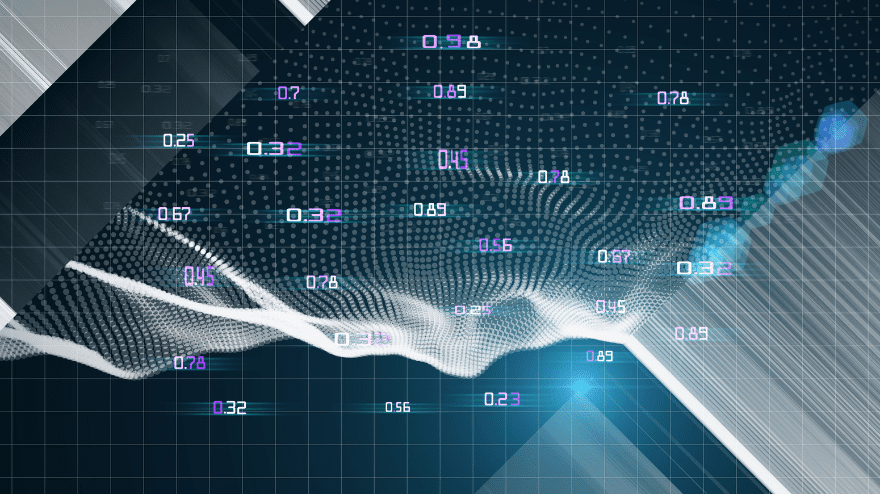October 30, 2024 | Juan Simón Cardona Fernández
Quantum Cryptography has been making waves recently, with many experts suggesting its potential to revolutionize the industry. What are the repercussions that this new technology will bring to the security of our digital world?
To know a little bit more about the wonders of the quantum realm, let’s go on this short journey where we will be examining how this state-of-the-art technology is breaking conventional encryption approaches and showing the potential to transform the landscape of cybersecurity for years to come.
Quantum Threat to Encryption
Imagine a future where traditional encryption methods, the guardians of our digital secrets, face an unprecedented challenge – the power of quantum computing. Unlike classical computers, which can only store information as bits in the form of 1 or 0, quantum computers leverage the principles of quantum mechanics, where the information carriers, qubits, store all possibilities of information states, allowing them to perform complex calculations at an exponentially faster rate.
Current encryption algorithms, including those securing your online transactions and sensitive communications, rely on the difficulty of certain mathematical problems. However, quantum computers, with their ability to perform rapid factorization, could potentially crack these codes in record time, posing a serious threat to the confidentiality and integrity of our digital information.
Enter Quantum Cryptography
In the face of this quantum threat, cybersecurity experts are turning to a solution rooted in the same quantum principles – Quantum Cryptography. Unlike traditional cryptography, where mathematical complexity drives the methods and algorithms used for encryption and decryption, quantum cryptography leverages the laws of quantum mechanics to secure communication channels.
One example of quantum cryptography is Quantum Key Distribution (QKD). QKD uses the quantum properties of particles, such as photons, to create a secure key exchange between two parties. The remarkable feature of QKD lies in its ability to detect any eavesdropping attempts because it affects the quantum state of the information carriers and results in an abnormal error rate.
Real-World Applications
To bring this concept closer to home, let’s consider online banking. When you make a financial transaction, your information is typically encrypted to protect it from prying eyes. In a quantum future, traditional encryption might be vulnerable, but with Quantum Key Distribution, your financial data could remain secure through the power of quantum entanglement.
Imagine Alice wants to send a secure message to Bob. They use QKD to exchange a quantum key, ensuring that only they possess the necessary information to decrypt the message. Even if a quantum eavesdropper, let’s call them Eve, tries to intercept the key, the act of measurement, inherent in quantum mechanics, would disrupt the key and alert Alice and Bob to the potential breach.
Race to Quantum-Resistant Cryptography
As the quantum threat appears on the horizon, researchers, organizations and enthusiasts are working tirelessly to develop quantum-resistant cryptographic algorithms. These cutting-edge algorithms aim to ensure the long term integrity of security, against the boosted computational capabilities of quantum computers.
One example of a quantum-resistant algorithm is lattice-based cryptography. It is based on the complexity of problems related to lattice theory, which, as of our current understanding, seems to be resistant to quantum attacks.
Quantum Revolution’s Implications
The advancements in quantum computing and cryptography herald a paradigm shift in our interaction with cyberspace, introducing new principles and far-reaching consequences. Such a shift mandates a collective commitment to agility, innovation, and foresight in order to preemptively counter emerging threats.
As we stand on the brink of this technological revolution, it is critical for individuals, enterprises, and governmental bodies alike to adopt a proactive stance. Keeping abreast of quantum cryptography progress, integrating quantum-resistant algorithms, and infusing quantum considerations into digital strategy formulation are imperative steps to ensure readiness for the quantum future.
The rapid advancement in quantum technology presents a dual-edged sword of challenges and opportunities. Quantum cryptography stands as our bastion against the novel vulnerabilities ushered in by quantum computing. As we navigate this uncharted domain, our dedication to ceaseless innovation remains our most valuable asset. Here’s to forging a secure path in the quantum era!

